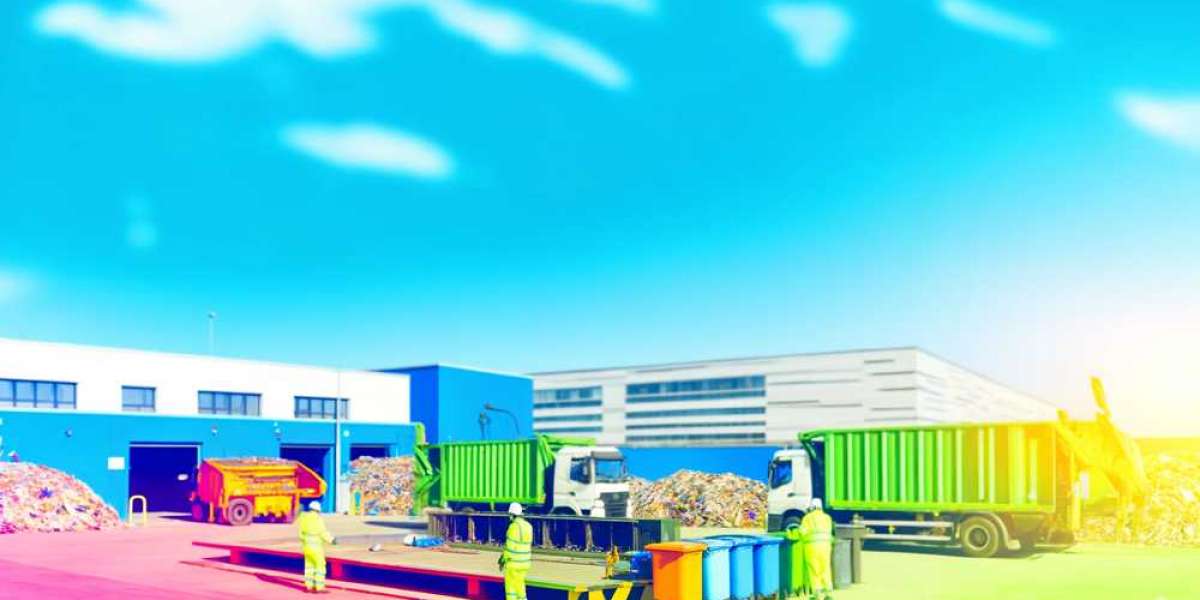Impact on Environmental Sustainability
Effective waste logistics management plays a pivotal role in environmental conservation. By optimizing waste collection routes and methods, we reduce emissions from waste transport vehicles.This reduction in greenhouse gases is crucial for fighting climate change and protecting air quality.
Moreover, proper waste management prevents litter from entering natural habitats, which can be harmful to wildlife and ecosystems. Recycling is a key component of waste logistics that supports environmental sustainability.
By ensuring that waste is sorted and sent to appropriate recycling facilities rather than landfills, valuable materials are reclaimed, and less energy is consumed in producing new products.
This not only conserves natural resources but also reduces the ecological footprint of our consumption patterns.
Enhancing Public Health and Safety
The direct link between waste management and public health cannot be overstated. Improper disposal of waste can lead to serious health risks, including the spread of infectious diseases. Waste that is not appropriately managed can attract pests and lead to the contamination of water sources.
By implementing robust waste logistics systems, we ensure that waste is handled and treated properly, significantly reducing the risk of health issues.
In urban areas, the accumulation of waste can quickly become a public safety hazard. Effective logistics management ensures that waste does not accumulate in public spaces, thereby preventing accidents and maintaining the cleanliness and safety of community environments.
This is vital for the well-being of all residents, particularly in densely populated cities.
Economic Benefits
Proper waste logistics management is not only an environmental and health imperative but also an economic one. Efficient systems reduce the cost of waste collection and processing by optimizing routes and reducing the frequency of waste pickups where possible. This can lead to significant savings for local governments and private waste management companies.
Additionally, the recycling and repurposing of waste materials can generate income. By selling recyclable materials to processing facilities, communities can turn what would be an expense into a revenue stream.
This economic incentive is a powerful motivator for cities and businesses to invest in better waste management practices.
Technological Advancements in Waste Management
Technology has transformed waste logistics management, making it more efficient and less intrusive. Innovations such as GPS tracking and route optimization software help in planning the most efficient routes for waste collection trucks, minimizing travel time and fuel consumption. This not only cuts costs but also reduces the environmental impact of the logistics operations.
Furthermore, technologies like waste-to-energy plants present a promising future for waste logistics. These facilities convert waste materials into usable energy, such as electricity or heat, providing a sustainable way to deal with waste that cannot be recycled.
Technology not only helps manage waste but also contributes to energy production, adding a valuable resource to the community's energy mix.
Regulatory Compliance and Best Practices
Adhering to regulations is a critical aspect of waste logistics management. Governments at all levels have established guidelines and laws that dictate how waste should be handled, transported, and disposed of. Compliance with these regulations is essential for protecting the environment and ensuring public health.
For example, a waste transfer station play a crucial role in the regulatory framework. It serves as pivotal hub where waste is temporarily deposited before being transported to its final destination.
This ensures that waste is managed in a controlled environment, reducing the risk of environmental contamination and increasing the efficiency of the waste management system.
The Future of Waste Logistics
As populations grow and urbanize, the challenges of waste management will only increase. The future of waste logistics lies in innovation—finding new ways to reduce waste generation, enhance recycling, and improve the efficiency of collection and disposal.
With continued commitment to research and development, the waste management industry can evolve to meet these challenges head-on, ensuring a cleaner, healthier environment for future generations.
Proper waste logistics management is essential for a sustainable future. By addressing environmental, health, and economic aspects, we can continue to improve the systems that handle our waste, making our cities safer and our planet more resilient.









